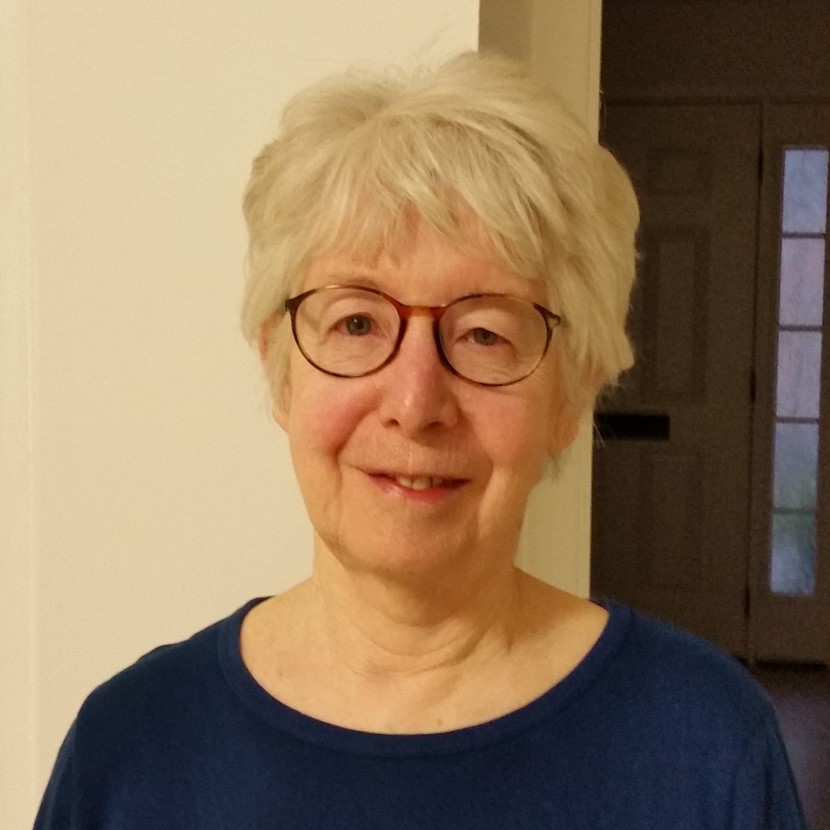 Edit article
Edit articleSeries
Journeys
Between Heart and Mind: On Being an Observant Academic Bible Scholar
Categories:


From the time I was in elementary school, I loved reading about people who lived a long time ago. First, it was prehistoric people but then in sixth grade we studied the ancient Egyptians, Babylonians, Sumerians, and Persians. We were divided into groups and my group was assigned to report on the Sumerians.
Our major source of information was a book by the famous Sumerologist, Samuel Noah Kramer, ז"ל. Little did I know that I would become his student some years later. In any case, in sixth grade I fell in love with the ancient Near East. At the same time, I was learning Hebrew and Bible in Hebrew school, and actually enjoying it.
When I was about 14 years old, my Hebrew-school teacher, Shalom Paul, ז"ל, who was to become a famous biblical scholar at the Hebrew University, introduced us to the flood story in the Gilgamesh Epic. Wow! Lo and behold, the Bible was part of the ancient Near East! From that point my destiny was fixed.
Before I applied to college, I knew that I wanted to study ancient Semitic languages and literatures. At that point I had only a vague notion about what that entailed but I knew that the University of Pennsylvania was a great place to study it. Fortunately, I was accepted there as an undergraduate.
In my freshman year, I signed up for Arabic, the only other Semitic language, besides Hebrew, that I had heard of. But by the following year I was taking Akkadian and then I went on, as an undergraduate and graduate at Penn, to take Bible courses with Ephraim Speiser and Moshe Greenberg, and Sumerian with Samuel Kramer and Åke Sjöberg.
All of these men, of blessed memory, were brilliant scholars and fantastic teachers. And my fellow-students, many of whom became the next generation of brilliant scholars and fantastic teachers, were a wonderfully supportive group.
Some were observant Jews, as I was (and still am), some were non-observant Jews, and some were not Jewish. One was a Mennonite and is now professor emeritus at a Mennonite Seminary. Others became professors at religious and secular institutions in the United States and Israel. Most were men (women gravitated to archaeology, which did not interest me); and I was one of the “boys.”
In those days we didn’t think it was wrong to study the Bible from an academic perspective and, in fact, those who had a good Jewish education, especially a yeshiva education, were at an advantage in knowing Hebrew and Aramaic and having studied ancient texts. Academic biblical studies did not change the religious beliefs or practices of any of my co-students. The observant did not become less observant and the non-observant remained non-observant.
For this reason, I am puzzled that some Orthodox, even modern Orthodox, leaders are so afraid of the critical study of the Bible. It is, apparently, the last of the scientific subjects that “endangers” religious faith, since the “danger” of studying evolution seems to have dissipated.
So how do I explain what some would see as a contradiction in my own life? How can I be an observant Jew and an academic biblical scholar? I don’t have a deep philosophical rationale. All that I can say is that everything I have learned academically about the Bible enhances my love for it, and for the people of ancient Israel who produced it.
Should I have said that God produced it? That, of course, is where the contradiction lies. How can it be a divine revelation (which is the reason for obeying its commandments) if it is a human product? I hold both these views simultaneously, one in my mind and one in my heart.
To me it is like a botanist who knows the science of how trees grow and can still be inspired when walking in a forest. Or like a psychologist who can objectively analyze human emotions and behaviors, including his or her own, and can still fall in love. אלו ואלו דברי אלקים חיים, these are both the words of the living God.
TheTorah.com is about to celebrate its eighth birthday. Born around Shavuot, the time of מתן תורה, the giving of the Torah, TheTorah.com has brought the kind of Torah I find most meaningful—modern biblical scholarship—to its many readers. I hope it will continue to do so, enriching our minds and hearts for many years to come.
TheTorah.com is a 501(c)(3) nonprofit organization.
We rely on the support of readers like you. Please support us.
Published
May 6, 2021
|
Last Updated
November 13, 2025
Previous in the Series
Next in the Series
Before you continue...
Thank you to all our readers who offered their year-end support.
Please help TheTorah.com get off to a strong start in 2025.
Footnotes

Prof. Adele Berlin is the Robert H. Smith Professor (Emerita) of Biblical Studies at the University of Maryland. She taught at Maryland since 1979 in the Jewish Studies Program, the Hebrew Program, and the English Department.
Essays on Related Topics:









